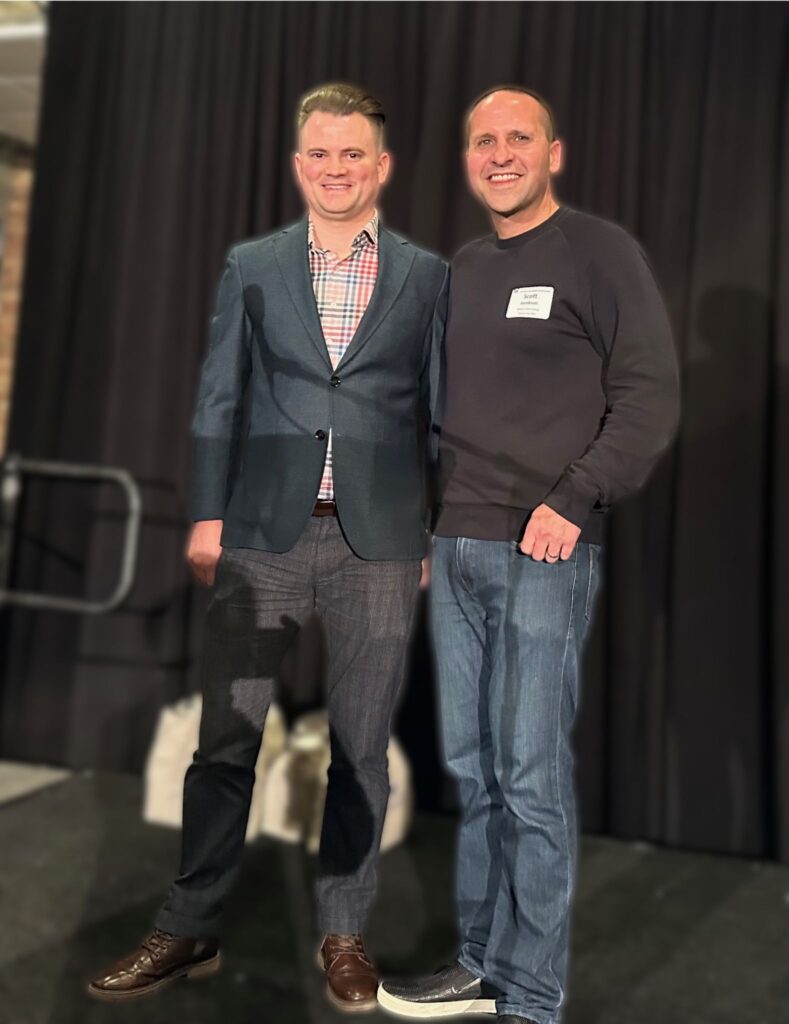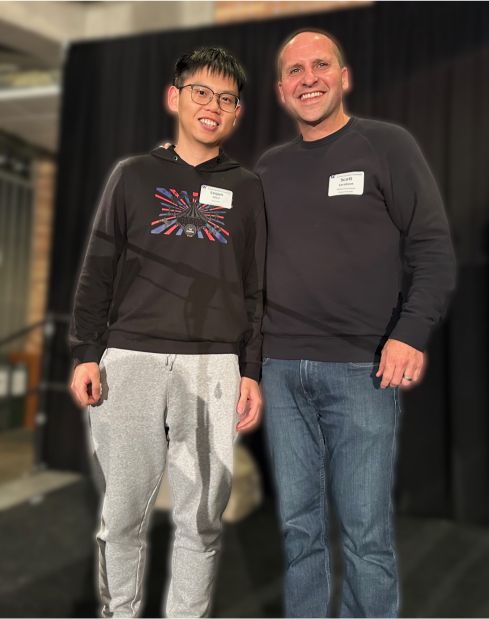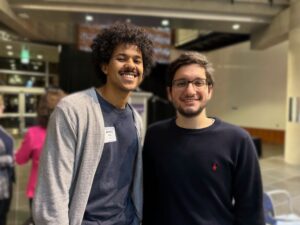Madrona awarded the 16th Annual Madrona Prize last night to the University of Washington’s Paul G. Allen School of Computer Science & Engineering team that has built a system for efficiently fine-tuning LLMs using limited compute. QLoRA: Efficient Fine-Tuning of Quantized LLMs is an efficient fine-tuning approach that reduces memory usage enough to fine-tune a 65B parameter model on a single 48GB GPU while preserving full 16-bit fine-tuning task performance. The team’s best model family outperforms all previous openly released models on the open-source Vicuna benchmark, reaching 99.3% of the performance level of ChatGPT while only requiring 24 hours of fine-tuning on a single GPU. The team of Tim Dettmers, Artidoro Pagnoni, and Ari Holtzman is advised by Professor Luke Zettlemoyer.

The Madrona Prize recognizes the projects showcased at the Allen School’s annual Industry Affiliates Research Showcase and Open House that combine excellent research with strong commercial potential.
Amongst the incredible projects showcased, the Madrona team named two Runner Up winners
Punica: Multi-Tenant LoRA Fine-Tuned LLM Serving
Punica is a system to serve multiple LoRA models in a shared GPU cluster. Punica contains a new CUDA kernel design that allows batching of GPU operations for different LoRA models.
Lequn Chen, Zihao Ye, Yongji Wu, Danyang Zhuo More Info
Advisers: Luis Ceze, Arvind Krishnamurthy

Wireless Earbuds for Low-Cost Hearing Screening
The first wireless earbuds that combine low cost hardware with wireless sensing algorithms to provide an affordable means to test infants for otoacoustic emissions. This testing provides early detection of hearing impairment and is currently done with highly specialized and expensive medical devices.
Justin Chan, Antonio Glenn, Malek Itani, Lisa R. Mancl, Emily Gallagher, Randall Bly More info
Advisers: Shwetak Patel, Shyamnath Gollakota

The Industry Affiliates event includes technical talks throughout the day and culminates in an open house and poster session to showcase the latest research projects and papers faculty and students are pursuing. Since Madrona’s inception more than two decades ago, Madrona has funded over 20 companies out of the University of Washington, one of the top five schools for Computer Science in the nation.
For past winners, visit: https://www.cs.washington.edu/industrial_affiliates/madrona
